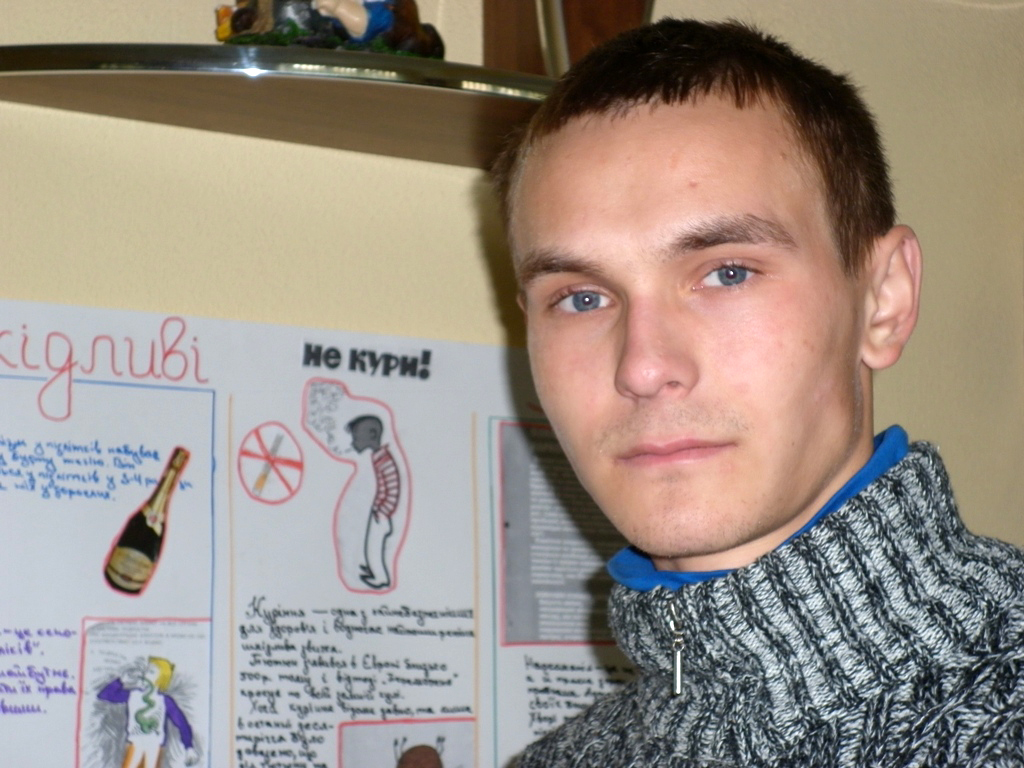
17.10.011
In Ukraine there is a significant annual increase in the number of people who are dependent on alcohol and drugs. Among them are a very large number of women and young people. Statistics from the National Council of Health show that annually, alcoholism causes the death of over 40,000 individuals in our country. Nearly 40% of Ukrainians aged 14-18 regularly use alcohol. According to recently published statistics from the World Health Organization (WHO), Ukraine is ranked #5 in the world in per capita alcohol use. Alcohol is the cause of death of nearly one third of Ukraine’s men. Alcohol kills more people than AIDS, tuberculosis and wars combined.
The statistics for drug use are also terrible: 5 million individuals are regularly using illicit drugs in Ukraine, 0% are school children, 60% are aged 16-30, and 20% are over the age of 30. The number of deaths caused by illicit drug use has jumped 12 fold in recent years; 42 times in children.
Alcohol and drug dependency threatens the economic, demographic, and social fabric of Ukraine and causes personal anguish: declining health, loss of work, and destruction of families which causes children to suffer. 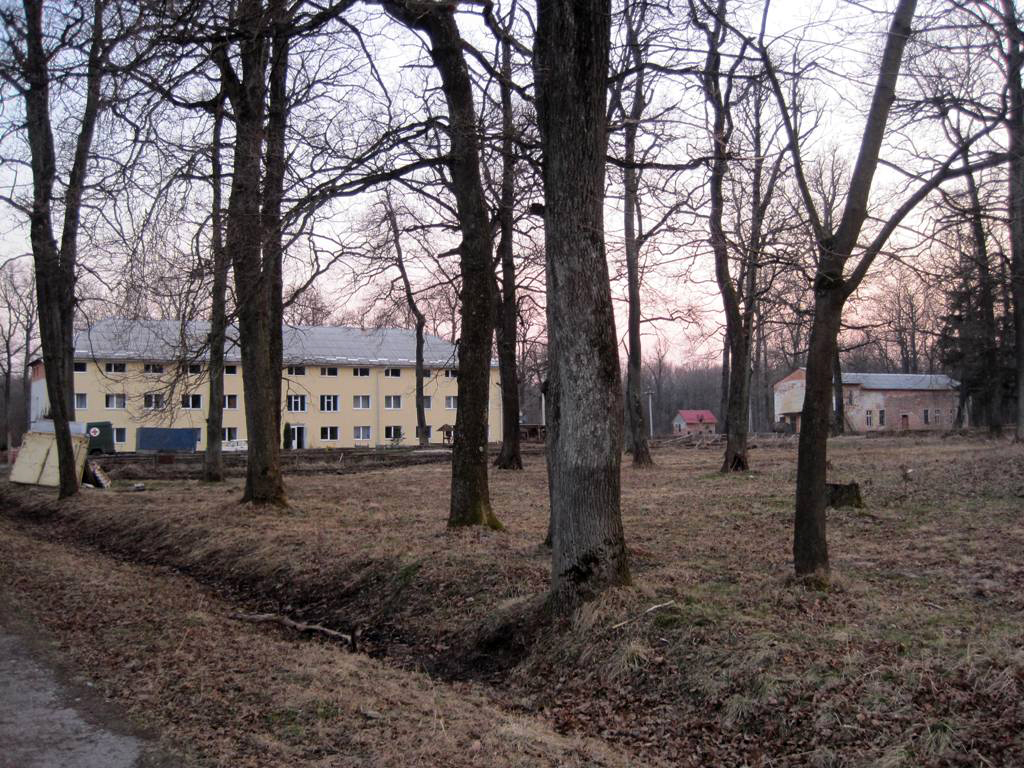
State run rehabilitation centres diagnose the problem and detoxify patients. After the short detoxification process, these addicts abandoned to deal with their health problems which overwhelm them physically and psychologically. International experience shows that only a lengthy, inpatient rehabilitation process which addresses medical and psychological issues, can help an individual overcome addiction.
One successful rehabilitation centre in Ukraine is Nazareth, which was founded in 2004 by a regional branch of Caritas Ukraine. The centre is located on a former army base near the city of Drohobych in the L’viv region. The centre provides free care for alcohol and drug addicts, as well as those diagnosed with TB or HIV. The centre provides three basic services: counselling, rehabilitation, and re-socialization.
“Today the majority of rehabilitation centres in Ukraine treat their patients by removing alcohol and illicit drugs from their environment and prescribing other drugs in their stead. These are short term solutions because it simply replaces one addiction with another. The methods, experienced staff, and the quality of the program at Nazareth is different, deserves special attention and should serve as a 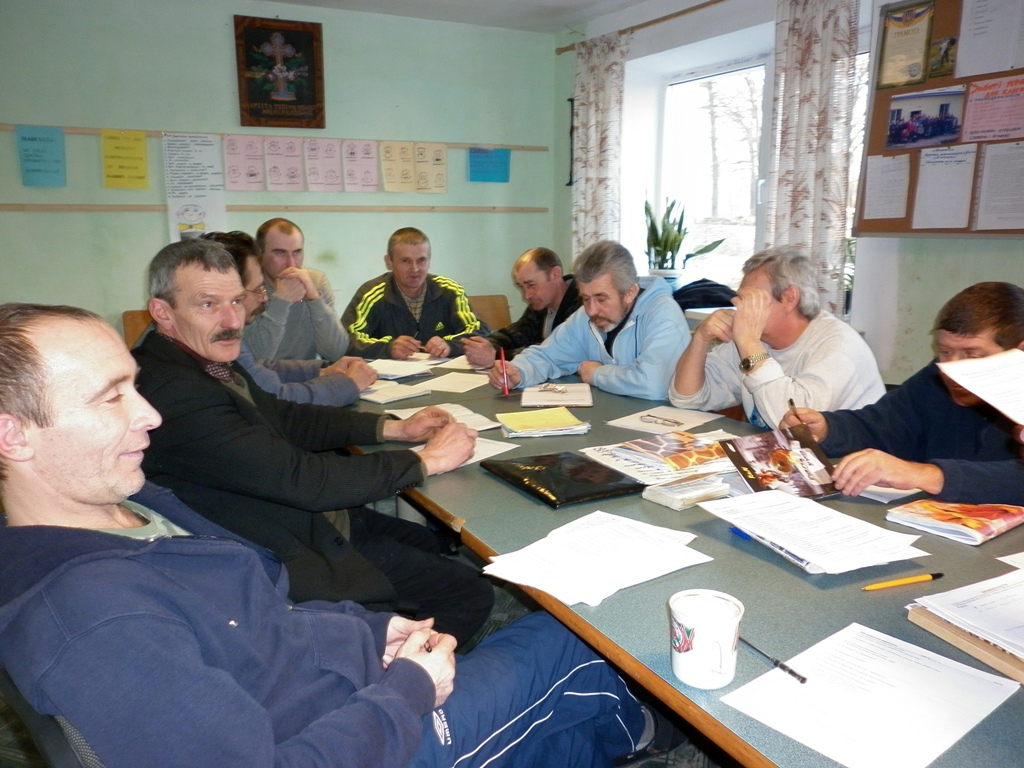 model,” says Fr. Ihor Kozankevych, the branch’s Director.
model,” says Fr. Ihor Kozankevych, the branch’s Director.
Patients are admitted through counselling centres run by the Drohobych Caritas. “The first requirement for admission is for the client to acknowledge his addiction. This is important because the biggest problem with alcoholism and drug addiction is that the addict is in denial. Many people come to us because their wife or children asked them to. By trying to understand why a person has reached this point, why they feel defeated, why they are losing their friends, their family, their job, we start the rehabilitation process together with the client,” explains Fr. Kozankevych.
Nazareth admits men between the ages of 18 and 55, regardless of their nationality, social status, or religion. Rehabilitation lasts a minimum of 1 year. The average number of patients is 20-30 at any given time.
Nazareth is based on a therapeutic environment which is built on trust and 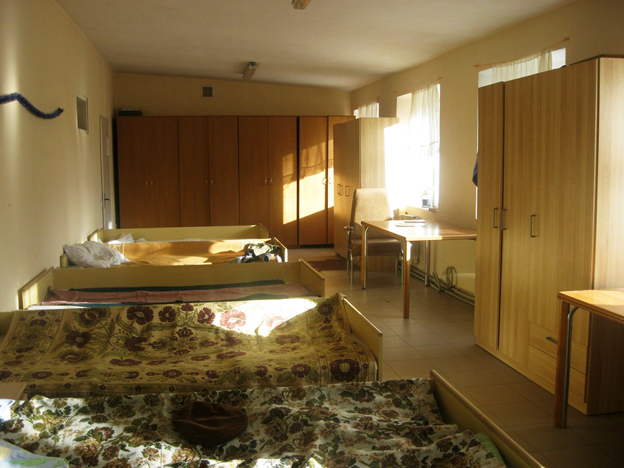 helping individuals understand themselves. This approach is based on: prayer, the 12 step program, friendship, mutual support, and on a sense of responsibility for oneself and the group. Program veterans help newcomers; they share their experiences and give advice, and together search for spiritual enlightenment.
helping individuals understand themselves. This approach is based on: prayer, the 12 step program, friendship, mutual support, and on a sense of responsibility for oneself and the group. Program veterans help newcomers; they share their experiences and give advice, and together search for spiritual enlightenment.
Patients also participate in work therapy: they care for the building, feed farm animals, run their own bakery, cut, split and stack wood to heat the facility. This work helps to socialize individuals who were previously slaves to their desires, needs and weaknesses. Rehabilitating addicts requires not only providing an environment without alcohol, drugs and tobacco, but giving them a place where they can gain moral strength and self discipline, and can ponder the principles they live by.
Counsellors and spiritual leaders work with the addicts. All staff has appropriate qualifications (psychological, theological, or social work degrees) and undergoes seminars on rehabilitation therapies. Recently, monthly group and individual meetings were started that address dependency and co-dependency issues, as well as difficulties that staff encounter when working in this sphere.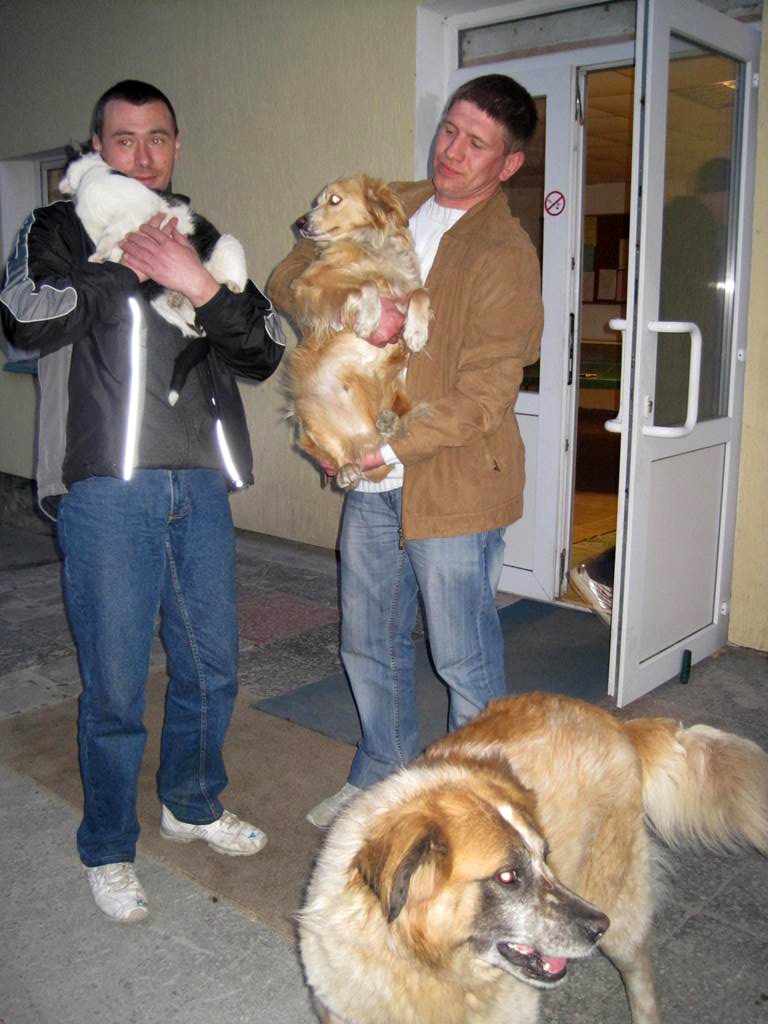 There is an endless search for contacts, and for ways to cooperate with other rehabilitation centres, both in Ukraine and abroad.
There is an endless search for contacts, and for ways to cooperate with other rehabilitation centres, both in Ukraine and abroad.
The centre plans on expanding and diversifying its activity. Oleksandra Kozankevych, who has a PhD in Psychology and runs the Nazareth centre, says this about their future plans: “When our situation stabilizes and we can hire more staff, we want to diversify—to start treating other addictions, for example gambling. We would also like to extend the period of re-socialization. It is also important for former patients to maintain contact with the centre, for there to be self-help groups where they can always get moral support.
We would also like to create a similar centre for women soon. We also hope to expand our work with people who have co-dependency issues—that is with our patients’ families and friends. We are already doing this as part of the rehabilitation process but we hope to expand this area of activity and systematize it. For example, in the summer we want to organize a camp for the families of our clients so that they can discuss their family problems that stem from the addiction, and find a way to resolve them.”
The only problem is financing says Fr. Kozankevych: “There are never enough funds for the activities at Nazareth. We cover the costs for maintenance, room and board with priva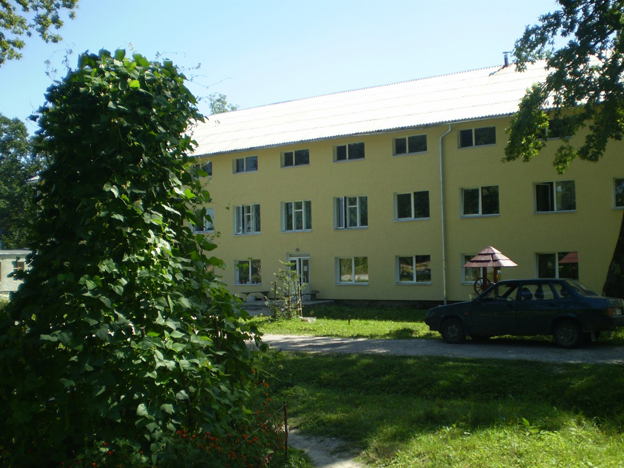 te donations. This is very unstable funding, so sometimes there is absolutely no money.
te donations. This is very unstable funding, so sometimes there is absolutely no money.
Thank God that somehow we find a way out of this predicament when it arises, but we would really like more stability, support from the government, charitable and community organizations and from influential Ukrainian citizens. Our foreign sponsors continually note that Ukraine has many wealthy citizens—why don’t they help address this chronic problem of alcohol and drug dependency?”
Tags:

